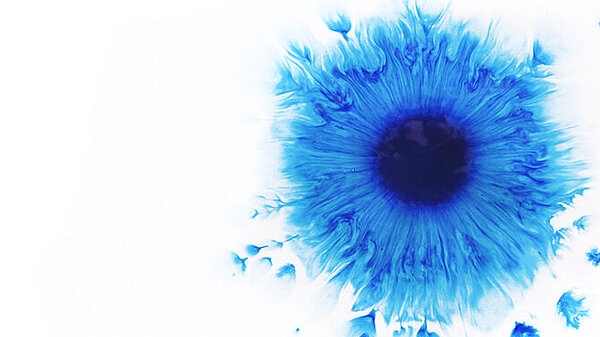Water – the universal Solvent
“Best is water.”
Pindar, greek Poet, about 500 BC.

But why does water have this unique quality? Because the water molecule, H2O, is a dipole. Not just any dipole, but the best-known in chemistry. The molecule is outwardly neutral, but the distribution of charge is asymmetric: The positive charge center is on hydrogen, and the negative is on oxygen. This polarity allows water to dissociate ionic compounds and other polar molecules, breaking their chemical bonds: The positive part is attracted to the oxygen side, the negative part to the hydrogen side.
Another property that is beneficial for cleaning: water is amphoteric – from the ancient Greek amphotéros, meaning “both ways”. It is a substance that acts as either an acid or a base, depending on the chemical environment. For example, it can clean glass and remove limescale by adding vinegar.
Or, by adding tensides – from the Latin tensus – it causes non-polar, non-water-soluble molecules such as fats and oils to interact with water. As a result, contaminants such as lubricating oil can be dissolved safely and completely.





